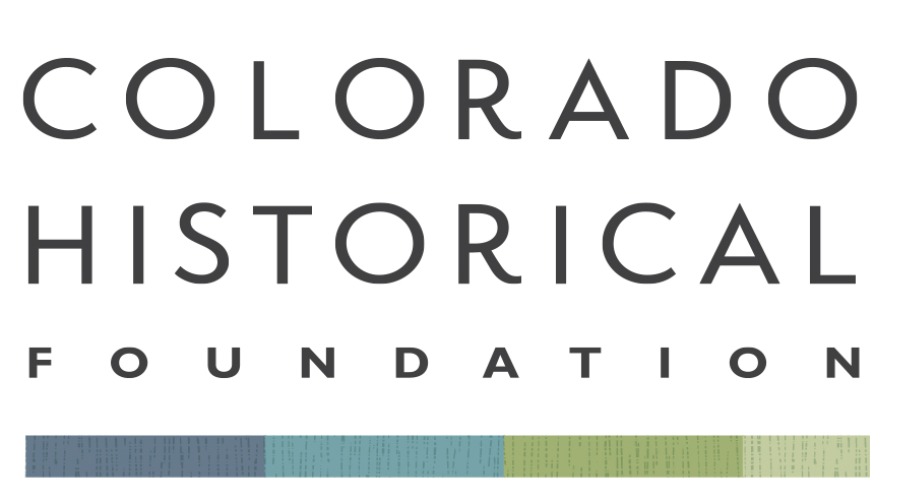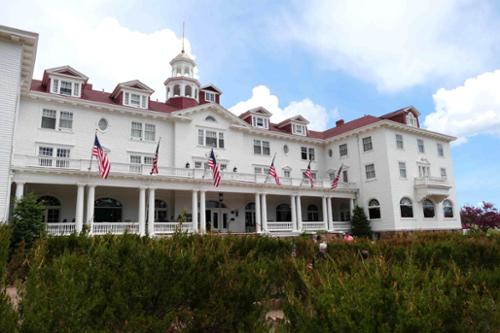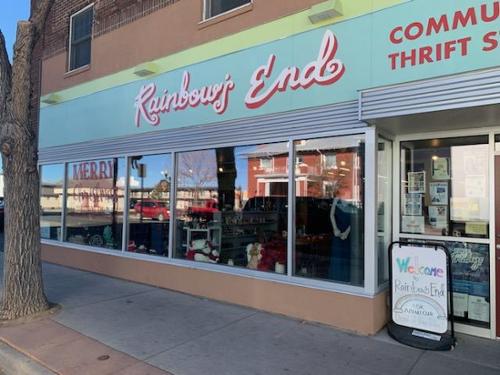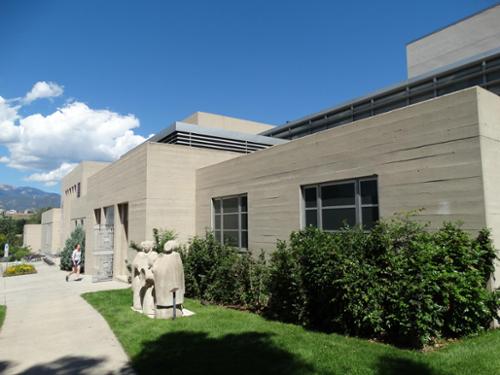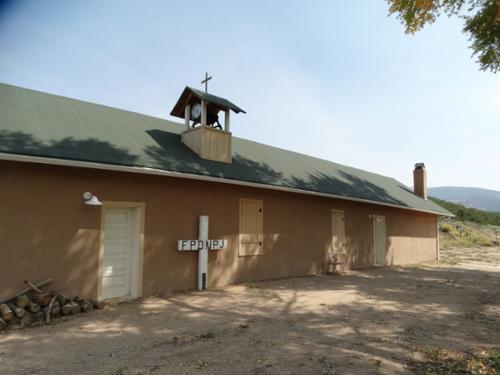Conserve your historic property for future generations
A conservation easement allows a property owner to use, transfer, or lease their property –
with peace of mind knowing its key historical features will be forever protected.
Why donate a conservation easement?
- Public appreciation of a place's history, heritage, or architecture
- Prevent demolition and insensitive development
- Stewardship by professionals with preservation expertise
- Potential tax benefits*
- Condition for receiving preservation grants or public funding
- Section 106 mitigation strategy
A conservation easement granted on a historically designated property allows a qualified third-party organization, like the Colorado Historical Foundation, legal rights to access and monitor the property’s condition, prevent demolition, and have oversight of future development, repairs, and alterations to historic features. An owner who grants an easement relinquishes partial development rights, agrees to maintain the property’s historic resources, and permits the easement holder access to make annual inspections and review proposed changes. The easement stays with the property when sold or transferred.
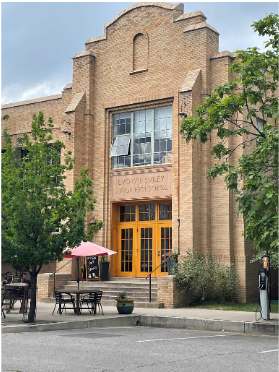
Why work with the Colorado Historical Foundation
CREDIBLE
The Colorado Historical Foundation is the state’s pioneer easement organization, having conserved nearly 120 historic properties throughout Colorado since 1981, and its established program is upheld as a model for others. The Foundation’s program is overseen by an easement committee inclusive of qualified preservation professionals and attorneys, and its stewardship fund is directed by the Foundation’s board of trustees and managed by a professional investment firm. In rare but necessary instances, the Foundation has deployed legal and financial resources to successfully address actions that harmed or threatened an easement's conservation value.
SOLUTION ORIENTED
The Foundation approaches easements as partnerships, as we care about each property as much as its owner. We collaboratively work with property owners to preserve a property's historical features, as well as find solutions for making the site code-compliant, economically practical, and a desirable place to live, work, or visit.
An architectural historian with deep experience evaluating and implementing preservation solutions leads the program. Staff drafts documents, evaluates conditions, collaborates with property owners and experts to solve maintenance and improvement issues, and navigate compliance with easement terms.
STATE CERTIFIED
In 2023, the Colorado Historical Foundation became the first and only preservation easement holding organization certified by the Colorado Division of Conservation. State certification is required for accepting easements from property owners seeking state conservation tax credits. It also requires rigorous review of program policies, procedures, and practices.
RESOURCEFUL
The Foundation helps property owners connect with potential funders, architects, contractors and tax credit consultants. The Foundation is engaged with peer preservation and easement organizations across the state and nationally to learn from each other and stay abreast of easement policy issues.
Easement Costs and Offsets
Because property owners relinquish partial development rights in exchange for granting the public benefit of historic preservation, they may qualify for tax benefits, in the form of a federal charitable income tax deduction or Colorado conservation tax credit.* It is important to discuss potential tax benefits with a licensed tax or legal advisor and understand associated appraisal, documentation, and other requirements and costs. Additionally, grants may be available to help fund the upfront costs of conservation easements on historic properties.
Typical costs:
Negotiation and due diligence: Includes consultation with property owners, legal counsel, historic designation agencies, preservation consultants, review of county requirements, preparation of easement deed and exhibits, baseline documentation and present condition compilation, photography, closing due diligence, and recording fees. An Appraisal and other documentation will be necessary for easements associated with tax benefits.
Stewardship fund contribution (invested for restricted use over perpetuity): As required by Internal Revenue Service standards and the Colorado Division of Conservation, the Colorado Historical Foundation holds a restricted fund dedicated to its conservation easements. It helps fund annual site monitoring, photography, and reports; consultation with property owners and preservation specialists, regulatory requirements, and legal defense – all in perpetuity. The fee calculation is unique to each property and takes into consideration its size, location, complexity, number of historical structures or resources, and likelihood of development pressure.
Upkeep & maintenance: The owner’s cost of regular upkeep or improvements in line with the Secretary of the Interior’s standards for Historic Preservation. Grants may help offset preservation costs.
*Tax benefits to qualified owners are typically based on decreased valuation due to easement restrictions placed on a property, and as determined by a qualified appraisal. Conservation easement tax credits may be transferrable (sold) to other qualified state tax-paying entities. The Colorado Historical Foundation provides this information for the purpose of general knowledge only. It does not constitute tax or legal advice. Property owners are encouraged to consult their own legal and accounting professionals when considering the implications of granting a conservation easement.
Additional Resources
Explore over 100 Colorado Conservation Easement Sites and learn about the social and cultural significance of some of our diverse properties.
Beyond the Buildings Blog Just as we're deeply committed to preserving Colorado's historic buildings and cultural landscapes, we are also drawn to the diverse people who lived, worked, and gathered within our historic conservation easement sites.
Downloads (PDF): Easement Policies and Procedures
New Easement Application Form Easement Monitoring Checklist
Proposed Alteration Form
Colorado Historical Foundation's Recorded Easements (05/2024)
